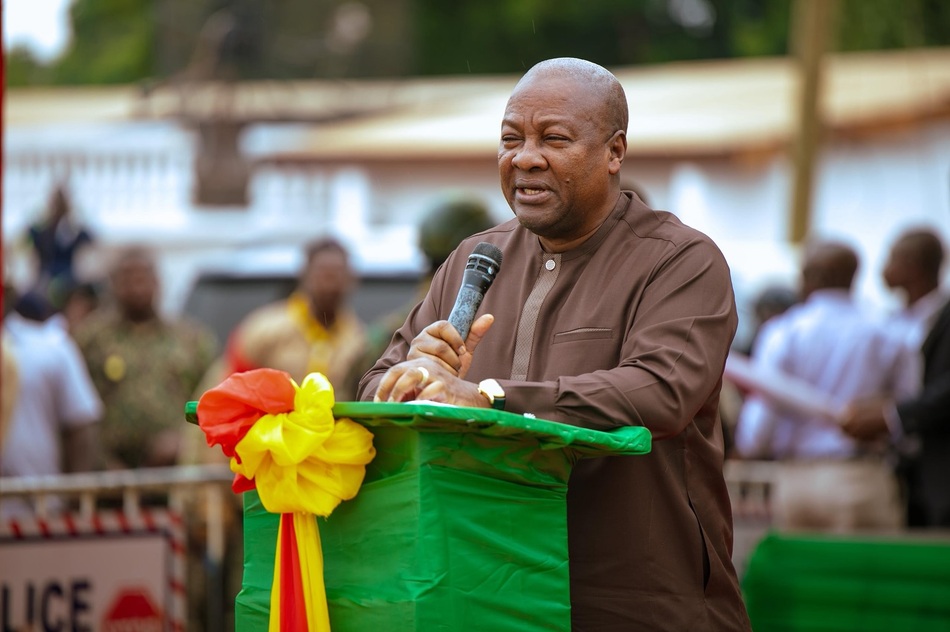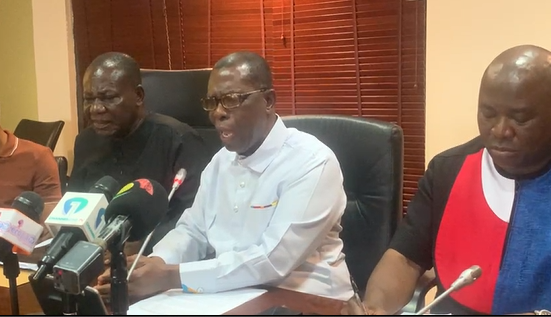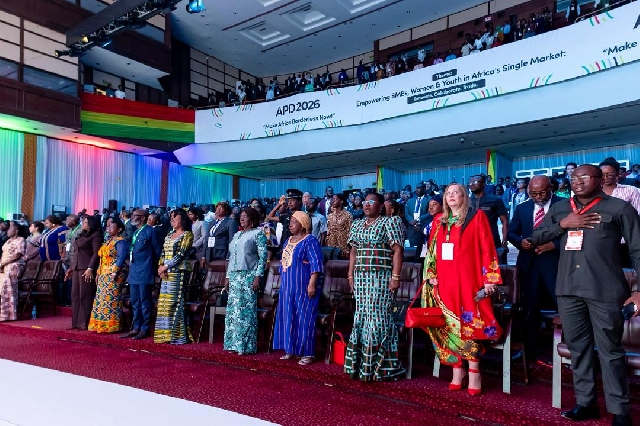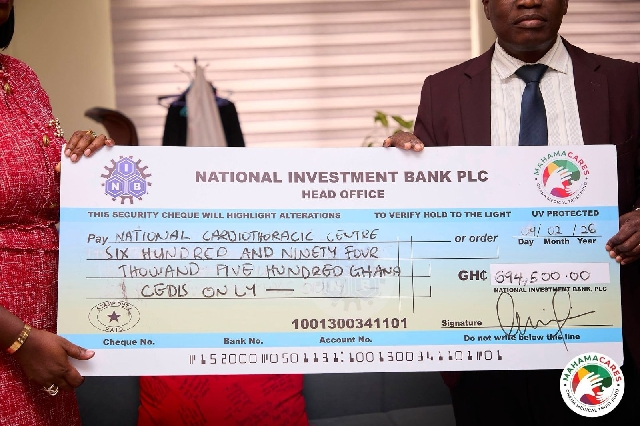As President Bola Tinubu gears up to address the National Assembly regarding the impending 2025 national budget, apprehensions are mounting over the federal government’s increasing reliance on borrowing to fund its ambitious plans. With the government poised to exceed its domestic borrowing target for 2024 by a staggering N4 trillion—67% more than initially budgeted—the atmosphere is thick with concern about the nation’s escalating debt burden.
Recent reports reveal that, by November 2024, the government’s domestic borrowing had already surpassed N8.93 trillion, a notable rise from the N6 trillion that had been initially planned for the entire year. This rapid accumulation of debt points to an alarming trend; if current borrowing patterns continue, the federal government could end up accumulating N10 trillion in domestic loans for 2024 alone—significantly higher than anticipated.
The backdrop to this financial maneuvering is the government’s strategy to address the projected budget deficit for 2025, which comes with a hefty financing plan involving both domestic and foreign borrowings. The proposed budget deficit is expected to reach N9.22 trillion, an 18% increase from the previous year. Most of this deficit financing will rely on local borrowings, given the limited options available for external funding.
Delving into the figures, the Debt Management Office (DMO) and the Central Bank of Nigeria (CBN) report significant domestic borrowing activities throughout 2024. In the third quarter alone, the government borrowed N2.134 trillion, primarily through treasury bills and bonds. This trend has not abated, with recent months seeing further issuance of Nigeria Treasury Bills and FGN Savings Bonds.
The first half of 2024 saw the total domestic debt stock balloon to N66.957 trillion, marking a staggering 38.6% increase from the prior year. The surge in borrowing has been largely fueled by the nation’s high-interest rate environment, which has drawn investors keen on capitalizing on rising yields. The Monetary Policy Rate (MPR) was hiked significantly from 18.75% in February to 27.5% by November, causing the interest rates on key government securities to reach new heights.
Analysts are voicing their concerns over the implications of the government’s borrowing spree. David Adonri, an analyst at Highcap Securities Limited, elaborates that while investors may benefit from the high returns on government debt, the broader economic landscape is suffering. Corporations are increasingly feeling the pinch of elevated borrowing costs, which could stifle private sector growth and exacerbate inflationary pressures.
The continuous escalation of the federal government’s debt has led some experts to warn of a potential “debt trap,” where new loans become necessary just to service existing obligations. If this trend persists, the specter of sovereign default looms large, prompting urgent discussions on the sustainability of such fiscal strategies.
As the nation stands on the brink of significant economic decisions, the implications of these financial actions will undoubtedly shape Nigeria’s financial landscape for years to come. The intersection of high borrowing, rising interest rates, and the need for economic development presents a complex challenge for the federal government as it navigates these turbulent waters in search of stability and growth.
Source: Apexnewsgh reports











